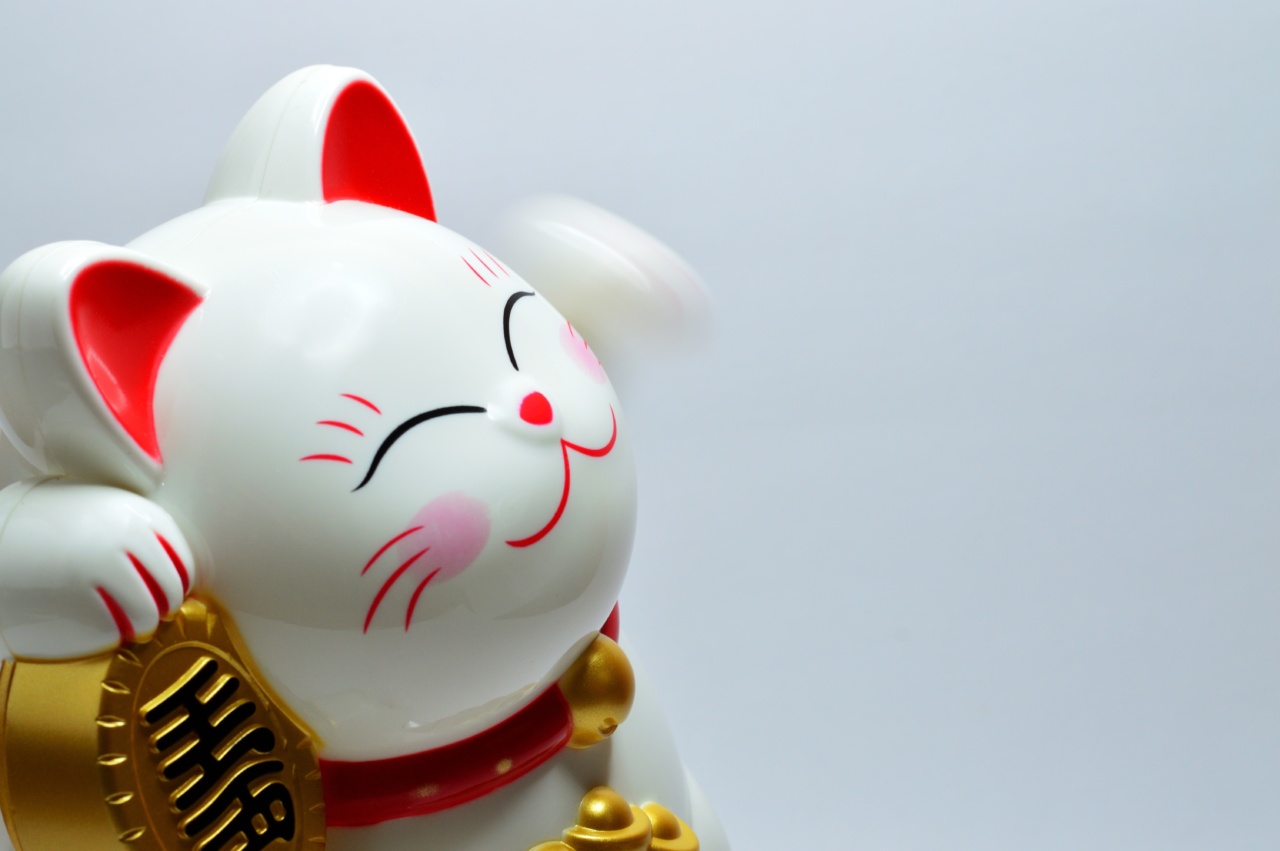Are you tired of constantly dealing with the sneezing, itching, and congestion that comes with allergies? You’re not alone. Allergies affect millions of people worldwide and can greatly interfere with your quality of life.
However, with the right knowledge and strategies, it’s possible to beat allergies for good. In this article, we’ll explore the causes of allergies, common symptoms, effective treatments, and practical lifestyle changes that can help you manage and minimize your allergic reactions.
Understanding Allergies
Allergies occur when your immune system overreacts to substances that are normally harmless, such as pollen, dust mites, pet dander, or certain foods.
When you come into contact with an allergen, your body undergoes a series of reactions that lead to the release of histamines and other chemicals. This immune response is what produces the characteristic allergy symptoms.
Common Allergy Symptoms:.
1. Sneezing
Sneezing is one of the most common allergic reactions. It is your body’s way of trying to expel the allergen from your nasal passages and reduce irritation. Sneezing can be frequent and disruptive, impacting your daily activities.
2. Itchy, Watery Eyes
Red, itchy, and watery eyes are another typical sign of allergies. The allergens trigger an inflammatory response in your eyes, causing discomfort and impairing your vision temporarily.
3. Runny or Congested Nose
An allergic reaction can cause your nasal passages to produce excessive mucus, leading to a runny or congested nose. This can make breathing difficult and contribute to a feeling of general discomfort.
4. Skin Rash or Hives
Allergies often manifest as skin reactions. Rashes and hives can appear as a result of contact allergens or through the ingestion of certain food allergens. These skin irritations are often itchy and may cause significant discomfort.
5. Shortness of Breath
In severe cases, allergies can trigger asthma symptoms, resulting in wheezing and shortness of breath. If you experience difficulty breathing, it’s essential to seek immediate medical attention.
Effective Allergy Treatments
When it comes to combatting allergies, there are various treatment options available. The most suitable approach depends on the type and severity of your allergies. Here are some common allergy treatments:.
1. Antihistamines
Antihistamines are commonly used to relieve allergy symptoms. They work by blocking the histamine receptors in your body, thus reducing the allergic response. Antihistamines are available in both over-the-counter and prescription forms.
2. Decongestants
If nasal congestion is your primary concern, decongestants can provide relief. They help shrink swollen blood vessels and reduce mucus production, making breathing easier.
However, decongestant use should be limited to a few days to avoid rebound congestion.
3. Immunotherapy
For long-term allergy management, immunotherapy may be recommended. This treatment involves gradually exposing your body to increasing amounts of allergens, allowing your immune system to build tolerance.
Immunotherapy can be administered through allergy shots or sublingual tablets.
4. Allergy Medications
Depending on the severity of your allergies, your doctor may prescribe other medications, such as nasal corticosteroids or leukotriene modifiers. These medications help reduce inflammation and control allergic symptoms.
Lifestyle Changes to Beat Allergies
In addition to medical treatments, making certain lifestyle changes can significantly reduce your exposure to allergens and minimize allergic reactions:.
1. Keep Your Home Clean
Dust mites, pet dander, and molds are common triggers for allergies. Regularly dusting, vacuuming, and washing bedding in hot water can help eliminate these allergens from your living spaces.
2. Use Allergen-Proof Covers
Encasing your pillows, mattresses, and box springs with allergen-proof covers creates a barrier between you and the allergens. This can be particularly helpful if you’re allergic to dust mites.
3. Minimize Outdoor Exposure
Pollen allergies can be challenging to manage, especially during peak seasons. Consider checking pollen forecasts and avoiding outdoor activities on high pollen count days.
When you return home, remove your shoes and change clothes to prevent spreading pollen throughout your living areas.
4. Manage Humidity Levels
Humidity can contribute to the growth of mold and mildew, which are notorious allergens. Use a dehumidifier in damp areas of your home and ensure proper ventilation to reduce excess moisture.
5. Keep Pets out of Bedrooms
If you’re allergic to pet dander, it’s crucial to keep your furry friends out of your bedroom. This helps create an allergy-free sanctuary where you can rest and sleep without exposure to allergens.
Final Thoughts
Allergies can be a nuisance, but with the right strategies, you can beat them for good.
By understanding your triggers, seeking appropriate medical treatments, and implementing practical lifestyle changes, you can lessen the impact of allergies on your daily life. Remember, every individual’s allergies are unique, so finding what works best for you may involve some trial and error. Consult with an allergist for a personalized approach, and reclaim control over your allergies!.





























